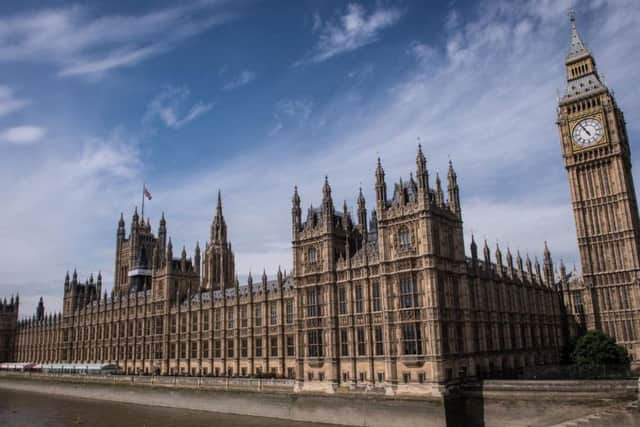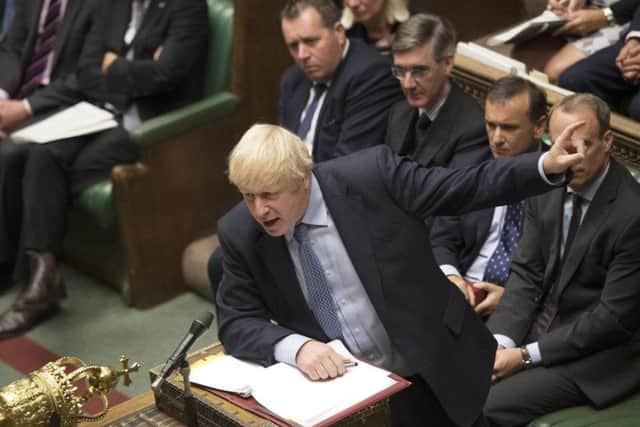Controversial Loan Charge policy could be scrapped after Treasury review launched


The Financial Secretary to the Treasury, Jesse Norman has announced the review into the controversial policy and as to whether it is an appropriate way of dealing with disguised remuneration loan schemes used by individuals who entered directly into these schemes to avoid paying tax.
Critics say the policy is too heavy handed and it has already been linked to a number of suicides from those faced with high bills.
Advertisement
Hide AdAdvertisement
Hide AdSir Amyas Morse, the former Comptroller and Auditor General and Chief Executive of the National Audit Office (NAO), will lead the independent review commissioned by the Chancellor, Sajid Javid.
The review comes after Prime Minister Boris Johnson agreed in the House of Commons last week that the policy needed to be looked at in more detail.
The move will please campaigners against the policy who have been calling for a review for sometime and wanted the work to be done independent of the Treasury. However some concerns persist as to how truly independent the investigation will be.
The Loan Charge Action Group tweeted: "We welcome the announcement of a #LoanCharge review. We trust the review will be thoroughgoing (as @BorisJohnson announced) and truly independent, however all HMRC activity and all reporting requirements must be stopped during the review."
Advertisement
Hide AdAdvertisement
Hide AdHowever the APPG looking into the Loan Charge issued a short message saying: "Our full response to be published later on, but the #LoanChargeReview secretariat cannot be provided by @HMRCgovuk @hmtreasury staff or there’s a clear #conflictofinterest utterly incompatible with an independent review. Plus external evidence must be taken to be a review at all."


The disguised remuneration Loan Charge was introduced to tackle contrived schemes where a person’s income is paid as a loan which does not have to be repaid.
The Treasury has asked Sir Amyas Morse to report back by mid-November, giving taxpayers certainty ahead of the January Self Assessment deadline.
While the review is under way the Loan Charge remains in force. HM Revenue and Customs will set out in more detail today how the review will affect individuals involved.
Advertisement
Hide AdAdvertisement
Hide AdThe review will focus on the impact on those individuals who were using the schemes directly, reflecting the main concerns that have been raised by MPs and campaigners about the Loan Charge.


Financial Secretary to the Treasury Jesse Norman said: "Everyone should pay their fair share of tax. These disguised remuneration schemes are highly contrived attempts to avoid tax, but it is right to consider if the Loan Charge is the appropriate way of tackling them.
"The Government fully appreciates the concerns expressed by individuals, campaigners, and MPs who have raised concerns about the Loan Charge, and the Chancellor has today appointed Sir Amyas Morse, former Comptroller and Auditor General and Chief Executive of the National Audit Office (NAO), to lead an independent review of the policy.
"Sir Amyas is known and respected across Parliament for his expertise and independence of mind. The Government looks forward to his report as it continues to tackle these and other tax avoidance schemes."
Advertisement
Hide AdAdvertisement
Hide AdHMRC has been challenging the use of disguised remuneration loan schemes for more than 20 years, and the government introduced targeted anti-avoidance legislation in 2011 to shut them down.
But the schemes continued to proliferate, and with many users not disclosing their use of them as they were required to, the government announced the Loan Charge in 2016. That gave users three years to either repay the loan, settle the tax due with HMRC, or face an income tax charge on the stock of outstanding loans.